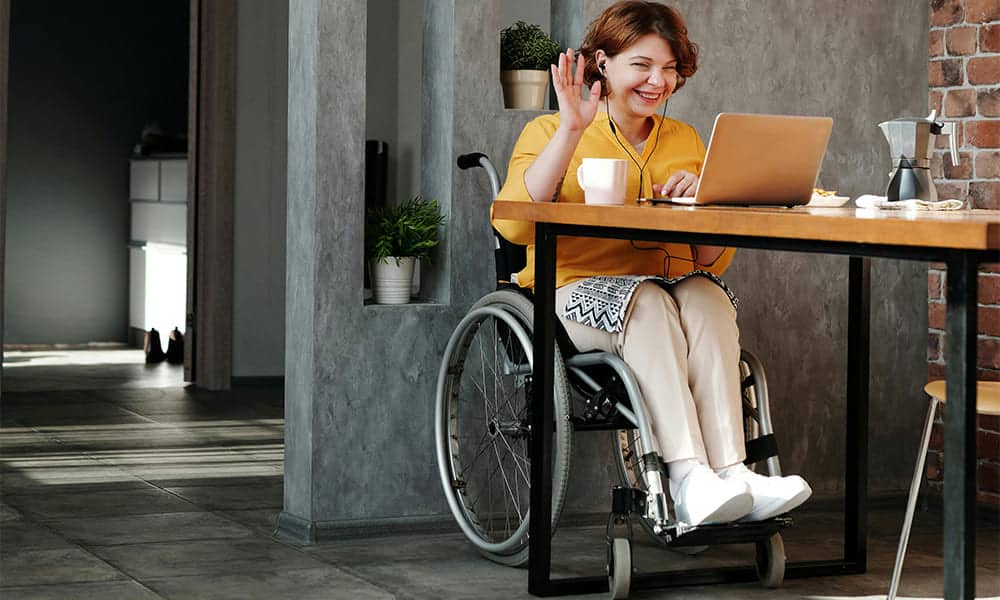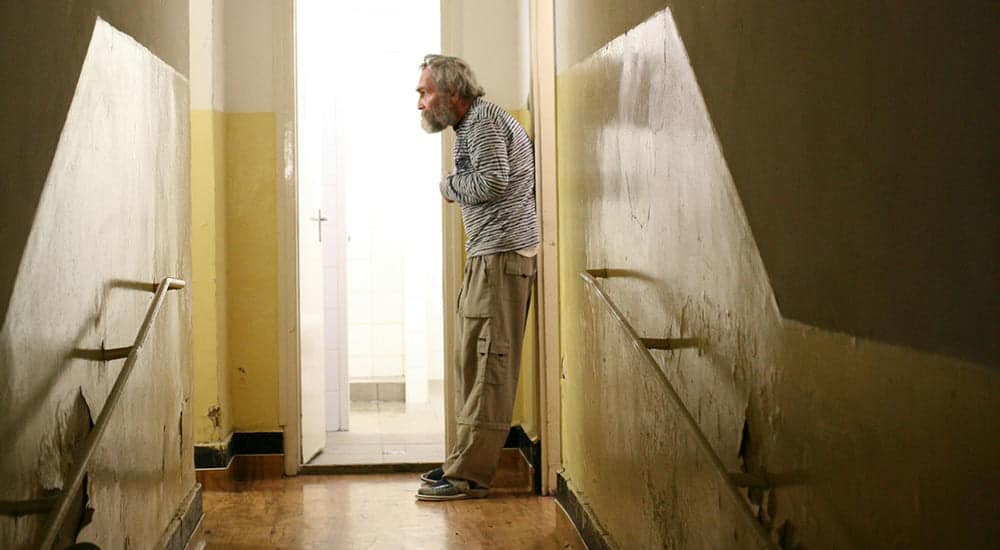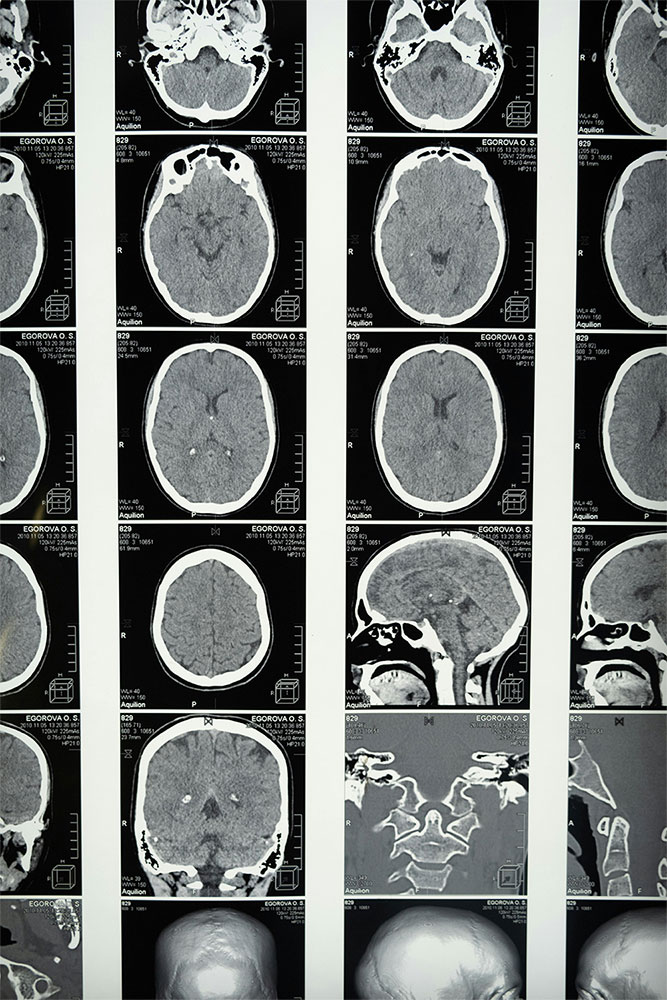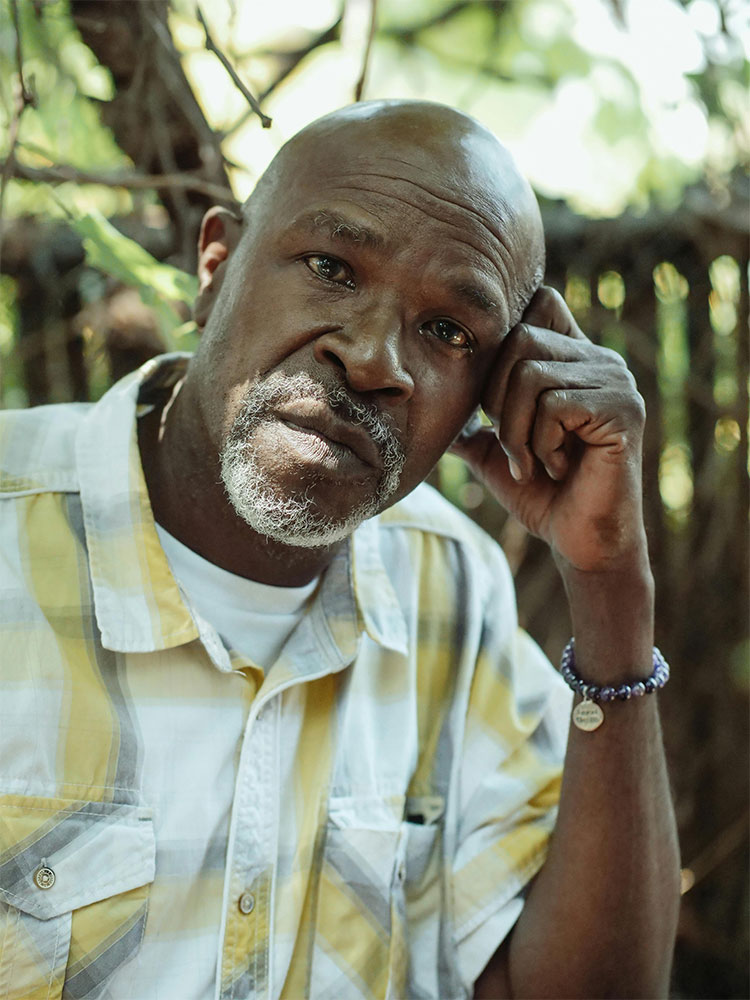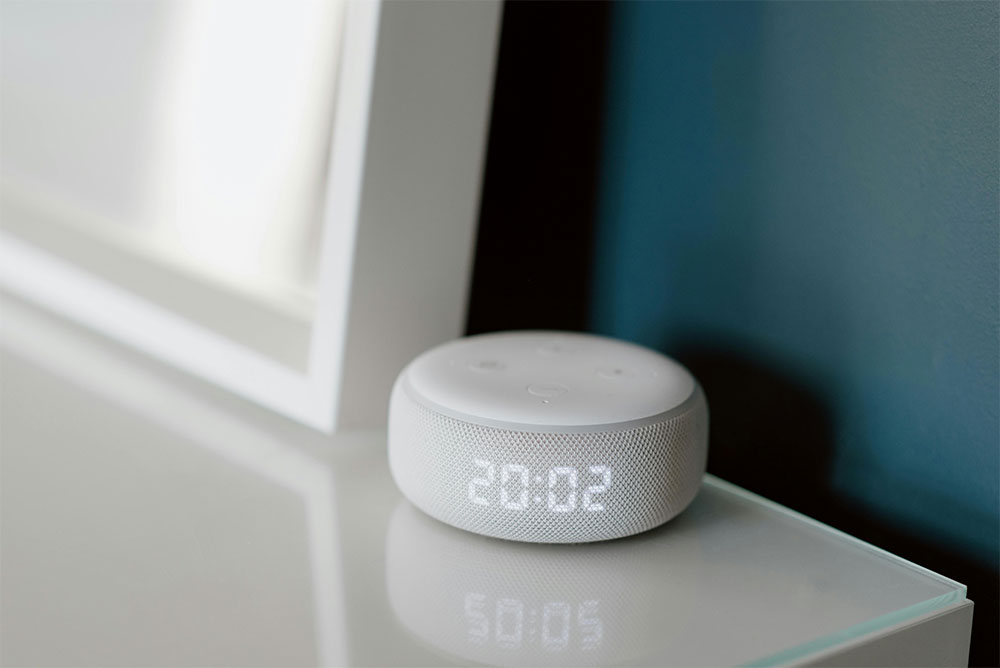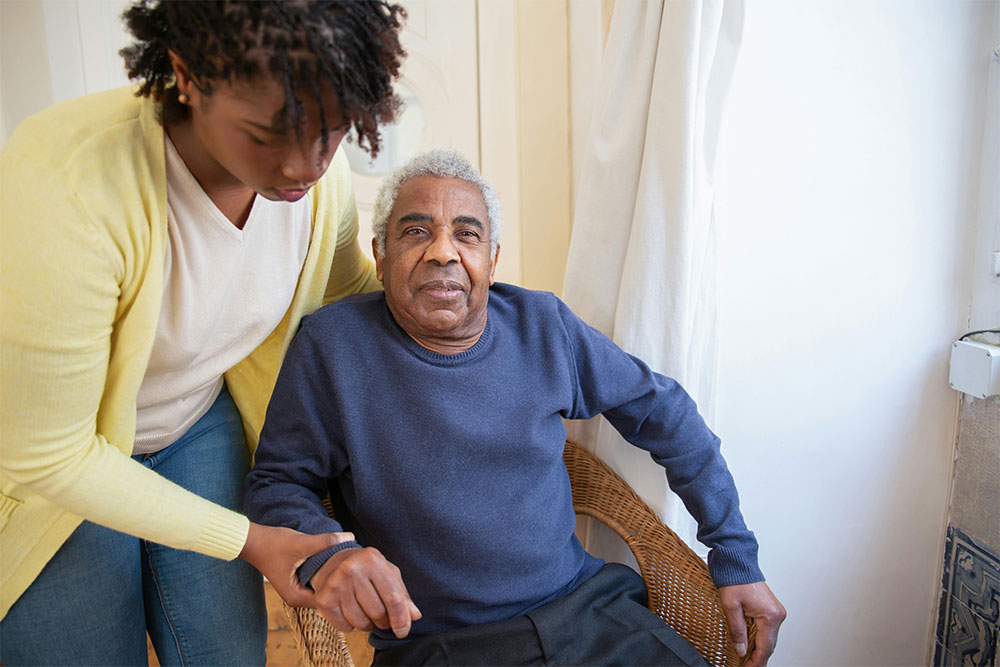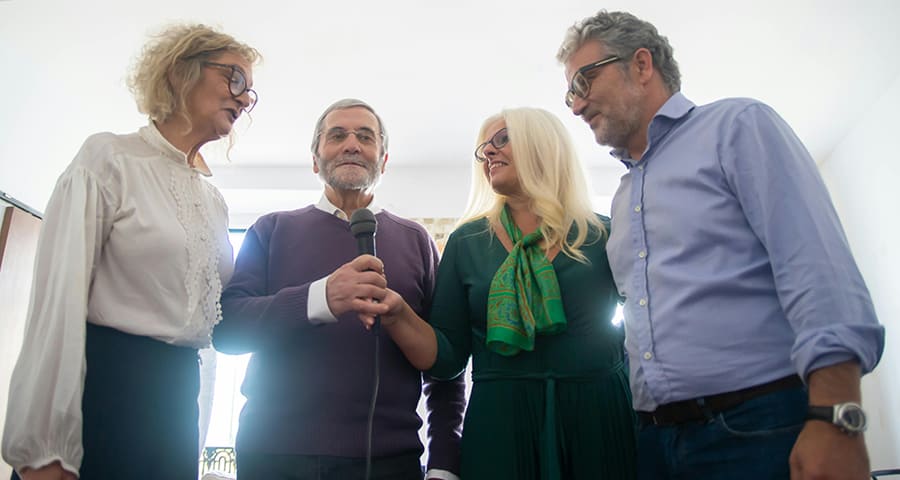Let us explore the difference between senile and dementia by comparing the differences between the two. We will also learn about Alzheimer’s diseases and the modern treatment options that are available in the marketplace.

Christopher Ravn
Key Takeaways
1. While often used interchangeably, "senile" is an outdated and stigmatizing term, while "dementia" refers to a group of medical conditions causing cognitive decline.
2. Senile dementia is an outdated term, while dementia is a complex condition with varying causes and symptoms that require medical attention.
3. Although there is no cure for dementia, treatments focus on managing symptoms and improving quality of life through medication, therapy, and lifestyle changes.
Table of Contents
1. Senile Vs Dementia
2. What Is The Main Difference Between Dementia And Senility?
3. What Is Senile Dementia? Clarifying Definitions
4. Is There A Difference Between Senile Dementia And Alzheimer's?
5. How Fast Does Senile Dementia Progress?
6. Can Senile Dementia Be Cured?
7. Do Senile People Know They Are Senile?
8. Frequently Asked Questions About 'senile Vs Dementia
Senile Vs Dementia
Did you know that the terms “senile” and “dementia,” although used interchangeably, have different meanings in medical terms? “Senile” derived from the Latin word “senilis,” which means “of old age,” initially meant showing a decline or deterioration of physical strength or mental functioning due to old age. The term “dementia” has a more precise medical explanation of the condition, which is an umbrella term for a group of medical conditions that affect the brain such as memory loss, cognitive decline, and changes in behavior.
One of the common misconceptions is that “dementia” is a normal part of aging but it can affect people of any age, although it is more common in older adults. In contrast, in everyday language, the terms “senile” and “dementia” are often used interchangeably, implying that cognitive decline is a normal part of aging. Healthcare professionals emphasize the importance of accurate diagnosis and early intervention to manage dementia symptoms and improve quality of life, as they use the term “dementia” to describe a specific set of symptoms and conditions, for example, Alzheimer’s disease, vascular dementia, and frontotemporal dementia. In summary, senility is often associated with a normal part of aging. Dementia is a serious condition that requires medical attention and treatment.
What Is The Main Difference Between Dementia And Senility?
Medical Definition:-
The main difference however between “senility” and “dementia” is that the former most of the time has a negative connotation and is often used to describe a decline in mental faculties associated with old age. This, however, it’s no longer a medically accepted term due to its lack of specificity. Dementia is the medical term that describes a decline in memory, and behavior and the symptoms can also include a change in personality, memory loss, struggle in communication, mood changes, such as depression, anxiety, or agitation, and having difficulty with daily activities, such as bathing, dressing, or managing finances.
Pathological vs. Symptomatic Differences:
When having symptoms of such, it is best to go through various tests to understand the severity and the underlying cause of the dementia. Unlike senility, dementia has well-defined underlying pathologies, which can also include the buildup of protein in the brain, vascular dementia, which is reduced blood flow or frontotemporal dementia, which is the degeneration of specific parts of the brain. Hence it is also important to incorporate brain exercises to prevent Alzheimer’s.
One of the major differences between the two conditions is that dementia will typically get worse over time. The treatment focuses on managing symptoms with medication, cognitive training, and lifestyle changes to maintain quality of life. However, it is different from senility because it is not a recognized condition, there’s no proven or specific treatment for it.
What Is Senile Dementia? Clarifying Definitions
The term “senile dementia” however has a complex history. Used to describe older adults who suffered from cognitive decline, in particular memory loss, implying it was just aging. This term nonetheless, was challenged by the existence of those that defied this logic like Michelangelo and it also reflected on the lack of knowledge about dementia, its causes, and the treatment required for it. In the 20th century, Alzheimer’s was known as a distinct condition and medicine moved away from “senile dementia” due to its stigma and inaccuracy. Diagnosis is now based on a thorough evaluation of the behavioral, cognitive, and neurological factors.
What Is Dementia Now Called?
Recently, dementia terminology has seen significant updates. It is now seen as a syndrome rather than a diagnosis that affects the physical and mental. It is to promote an accurate understanding of the condition, reduce stigma, and promote accuracy.
To reflect on the complexity and diversity of dementia, The World Health Organization (WHO) has introduced the term “Major Neurocognitive Disorder” to describe the condition, emphasizing the importance of cognitive decline. Additionally, the WHO has recognized the need for a more nuanced understanding of dementia, acknowledging that it is not a single disease, but rather a spectrum of conditions with varying causes and symptoms. This has raised awareness about dementia, and the understanding of the condition and its impact on individuals and their families.
What Does Senile Mean In Today’s Linguistic Terms?
The term “senile” however, has a multifaceted history medically and linguistically.
In modern linguistics, “senile” is perceived as derogatory and stigmatizing to the elderly. Although, initially it was used to describe the mental or physical deterioration associated with old age
From a medical perspective, the term is no longer a suitable diagnosis or description when it comes to cognitive decline. The usage of the term has also been heavily criticized due to the inaccuracy of its meaning and the broad spectrum of what it means. This can be harmful and offensive, particularly for individuals with cognitive impairments or age-related decline. The term is avoided by The American Psychiatric Association’s Diagnostic and Statistical Manual (DSM-5) and more inclined to use the term “mild cognitive impairment” or “dementia.”
In recent years, there is an active movement to replace the term “senile” with a more appropriate and accurate definition of the condition. Some are even recommending the term “cognitive decline” or “age-related cognitive impairment” in replacement.
Is There A Difference Between Senile Dementia And Alzheimer's?
Even though senile dementia, a broad term to portray various conditions like Alzheimer’s, are both forms of dementia and share some similarities, they both have different clinical features and diagnostic criteria that typically affects adults above 65 of age.
The key differentiator for Alzheimer’s is that it typically progresses slower than other forms of senile dementia and one of the early signs would be in memory loss.
Both will involve medication, therapy, change in environment, support of a caregiver, and simplifying the living environment by providing assistive devices.
However, there are key differences. For instance, a person with Alzheimer’s might need more aggressive medication early on in the disease. They would also require more frequent monitoring and appointments with healthcare providers. Education and caregiver support will also need to be broader.
As for senile dementia, the progression rate depends and varies case by case as it affects the memory and behavior of the person. Taking into consideration the type of dementia, overall health, and lifestyle, its progression can differ over years in distinct stages
We Believe Prioritizing Brain Health Enhances Your Quality Of Life
Get to know our team, our mission and how our EVY LIGHT® can provide you and your loved ones with a fuller life, letting you breathe a little easier.
How Fast Does Senile Dementia Progress?
- Alzheimer’s
The most common of the lot that causes memory loss, language difficulties, and personality changes - Vascular
Reduced blood flow due to stroke or small vessel disease, leading to memory loss, confusion, and problem-solving issues - Lewy body
Abnormal protein clumps cause fluctuating attention, hallucinations, and Parkinson’s-like symptoms - Frontotemporal
This affects the front and temporal lobes, resulting in personality, behavior, and language changes - Mixed dementia
It is a combination of two or more types of dementia
Senile dementia progresses in stages. There are three stages that you can split the progression rate into.
In the early stages, there will be a mild decline, and some assistance is needed for daily tasks. In the middle stages, they must have daily support, like in communication, as daily activities become more and more difficult. It is crucial at this point to introduce sensory activities for dementia patients. In the advanced stages, due to significant cognitive decline, full-time care is required for basic tasks. Caregiver support is essential, as it can be emotionally straining for families as they see their loved ones go through memory loss, personality changes, and challenges with even daily living.
Can Senile Dementia Be Cured?
While senile dementia till today has no cure, there are treatments that can help to manage the symptoms. Medications like cholinesterase inhibitors can improve cognitive function, mood, and behavior. Non-pharmaceutical assistance such as therapy, caregiver support, and a healthy lifestyle in terms of diet, exercise, and social engagement may also help with keeping the symptoms under control.
Researchers are also showing promise while exploring immunotherapy, gene therapy, and stem cell therapy to target the root causes of dementia. Vaccines and digital tools are also being developed to support patients and caregivers. Advancements in personalized medicine and combination therapies may lead to more effective treatments. Ultimately, research into early detection and prevention could potentially reduce the number of dementia cases.
Do Senile People Know They Are Senile?
Although the terms can be misunderstood to be the same, it is important to understand and recognize the tell-tale signs early on and to differentiate between “senility” and “dementia”
It is essential to first understand the cognitive and behavioral abilities of the individual who showcases the symptoms, this can be done by:-
- Individuals may experience memory loss,
- Confusion
- Difficulty with communication
- Educate yourself about dementia and its needs and challenges
- Encourage the person affected to seek professional evaluation and diagnosis
- Develop a care plan that addresses the individual’s specific needs and goals
- Prioritize self-care and seek support from family, friends, and professional caregivers
- Consider respite care and adult day programs to provide a break and socialization opportunities for the individual
- Encourage social interaction through activities or hobbies
- Don’t forget to seek professional support when needed, to avoid burnout and maintain your own well-being
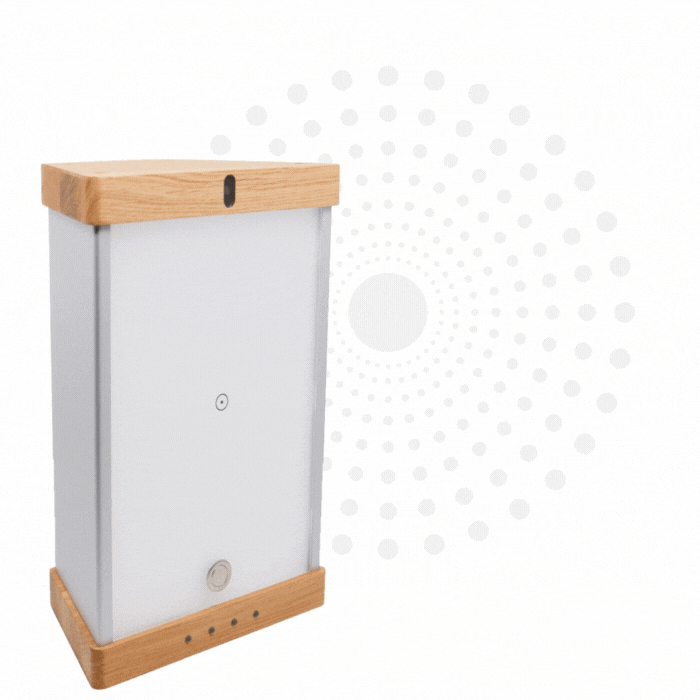
Enhance your brain performance through the power of light.
Comfortable and easy to use 40Hz light therapy to support and improve your brain function.
View Our LightHow Do You Deal With A Senile Person?
- Don’t use complex sentences
- Use visual aids like images, diagrams or charts to help with memory and understanding.
- Use present moments and avoid discussing past events or future plans, as they may struggle to recall or understand them
- Non-verbal cues like your facial expressions, body language, and touch can be powerful communication tools as well
- Offer choices between two or three options to make them feel more in control and help them feel more empowered
- Try to minimize distractions in their environment to help them focus on the conversation
- Stay calm and patient even in the face of challenging behavior
- Validate them by acknowledging their emotions to help them feel understood
- Use redirection to change their focus on a different activity or topic
- Use positive affirmation and speak in a calm, gentle, and positive tone which helps to reduce anxiety and frustration
- Use non-medical related interventions such as art, music therapy for dementia or even physical activities to help manage behavioral symptoms
- You can even opt to try light therapy for dementia.

Learn What Others Have Experienced with EVY Light
See how others have achieved a sharper mind by activating their gamma brainwaves in combination with maintaining a healthy lifestyle.
Frequently Asked Questions About 'senile Vs Dementia'
Define Senile And Dementia?
“Senile” derived from the Latin word “senilis,” which means “of old age,” initially meant showing a decline or deterioration of physical strength or mental functioning as a result of old age. The term “dementia” has a more precise medical explanation of the condition, which is an umbrella term for a group of medical conditions that affect the brain such as memory loss, cognitive decline, and changes in behavior.
How Is Senile Dementia Different From Dementia?
The main difference however between “senility” and “dementia” is that the former most of the time has a negative connotation and is often used to describe a decline in mental faculties associated with old age. This, however, is no longer a medically accepted term due to its lack of specificity. Dementia is the medical term that describes a decline in memory, and behavior and the symptoms can also include a change in personality, memory loss, struggle in communication, mood changes, such as depression, anxiety, or agitation, and having difficulty with daily activities, such as bathing, dressing, or managing finances.




















